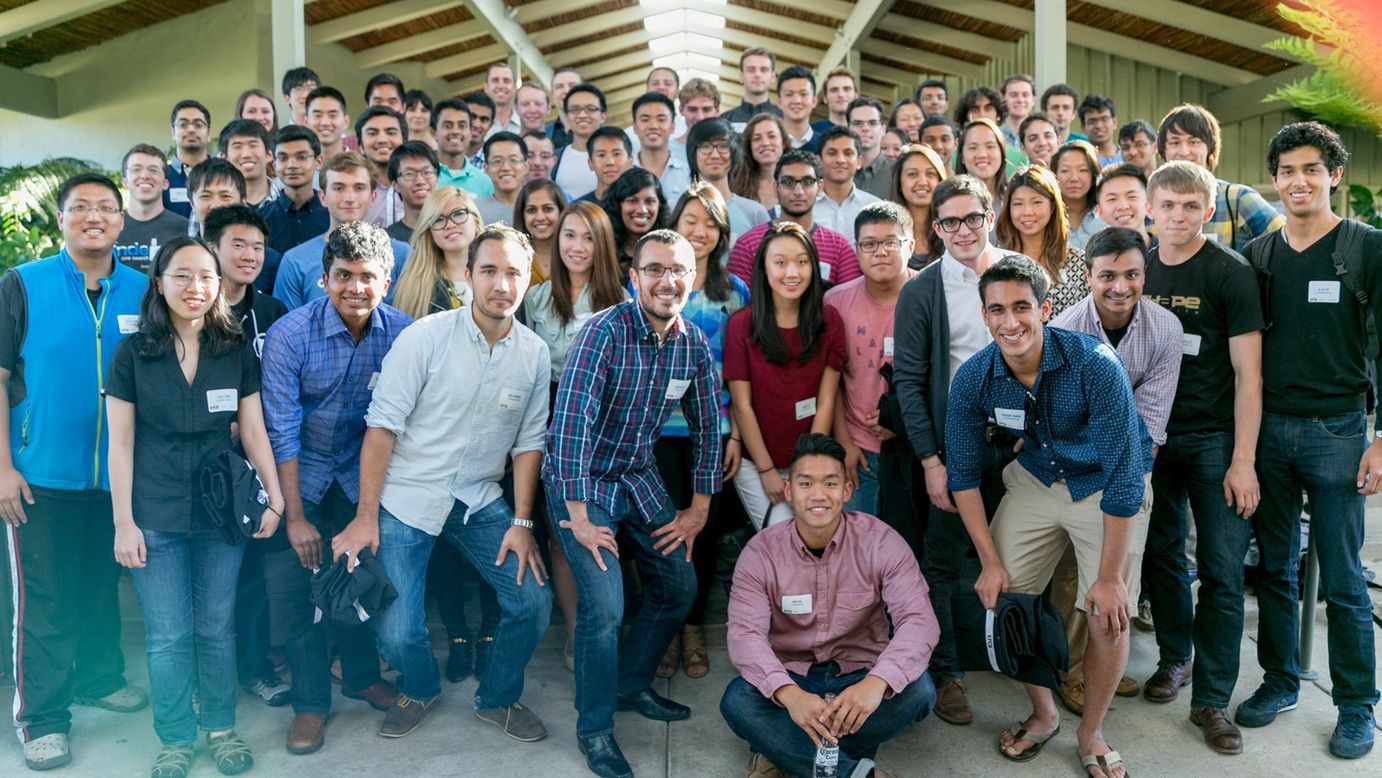This post originally appeared on uncapitalized.com October 24, 2014
when students visit me in office hours at stanford, they often ask me what i think they should do over the summer. take an internship at a big company to learn how google or facebook gets things done? or join a startup and learn how to scale the next big thing? or take the ultimate plunge and start my own company?
i’m always happy when students pause and take a look at all of the options that they have, since the first key question in making a good decision is to be thoughtful about what you want to do in the future. when i was vp of engineering at twitter, i would often ask engineering recruits: “what do you want to do after twitter?” the response was always: “huh?” few people are used to talking about leaving a job they haven’t even started yet. but it’s the right question because you want to think about how to prepare yourself to succeed not just in the next job but in the jobs after that.
of course, none of this is completely predictable: the world will change, the valley will change, and you will change. in less than twenty years, i’ve started a ph.d. program in computer science, worked on microsoft’s early cloud-computing efforts, founded and sold my own company, led software development of webOS at palm, led the engineering team at twitter as it quadrupled in size, became a venture investor, and even helped fix healthcare.gov.
but while i couldn’t have imagined all of this, i always considered where i wanted to go and then contemplated, job by job, the starting places that would give me the best experience to get to that point. i think this is even more important today, when there are more opportunities than ever for talented engineers. and it’s especially important for students looking at internships, where the pace of learning is so much faster and the new opportunities will present themselves in weeks and months rather than years.
there are some rules of thumb: if you want to start a company one day, joining a startup of 10-20 people and seeing what does and doesn’t work will help you understand what it takes to be a ceo and get a company off the ground. if you are thinking of graduate school in computer science or engineering, a big company will often give you the best technical problems to work on.
but if there is one rule of thumb that i emphasize to students, it’s to focus less on company size or stage, or even the product or service, and instead to think more about the people you’ll work with and what you can learn from them. are they really mentors? how much time will they spend with you? does the company offer opportunities for growth and for impact and responsibility?
these questions are not easy to answer in advance, but they are critical. summer should be about so much more than checking a resume box. it’s a chance to improve your skills, discover what you really enjoy doing and how you want to do it, and introduce you to the people who will help you get there.
to that end, i want to encourage all aspiring engineers to consider the kpcb engineering fellows program. it’s the kind of program i wished existed when i was coming out of school. it not only gives students a great experience at one of our portfolio companies but enables them to get cross-company experiences and puts them at the center of the vast kpcb network.
i’ve told every team that i’ve ever led that the strength of the valley is not any particular company. rather it’s the people who make the valley what it is. at a time when this ecosystem is just buzzing with activity, the kpcb engineering fellows program connects you with the people and experiences that matter most. for a budding technologist just stepping out into the world, it’s a pathway to achieving your dreams. the link is here. i hope that you’ll apply.
